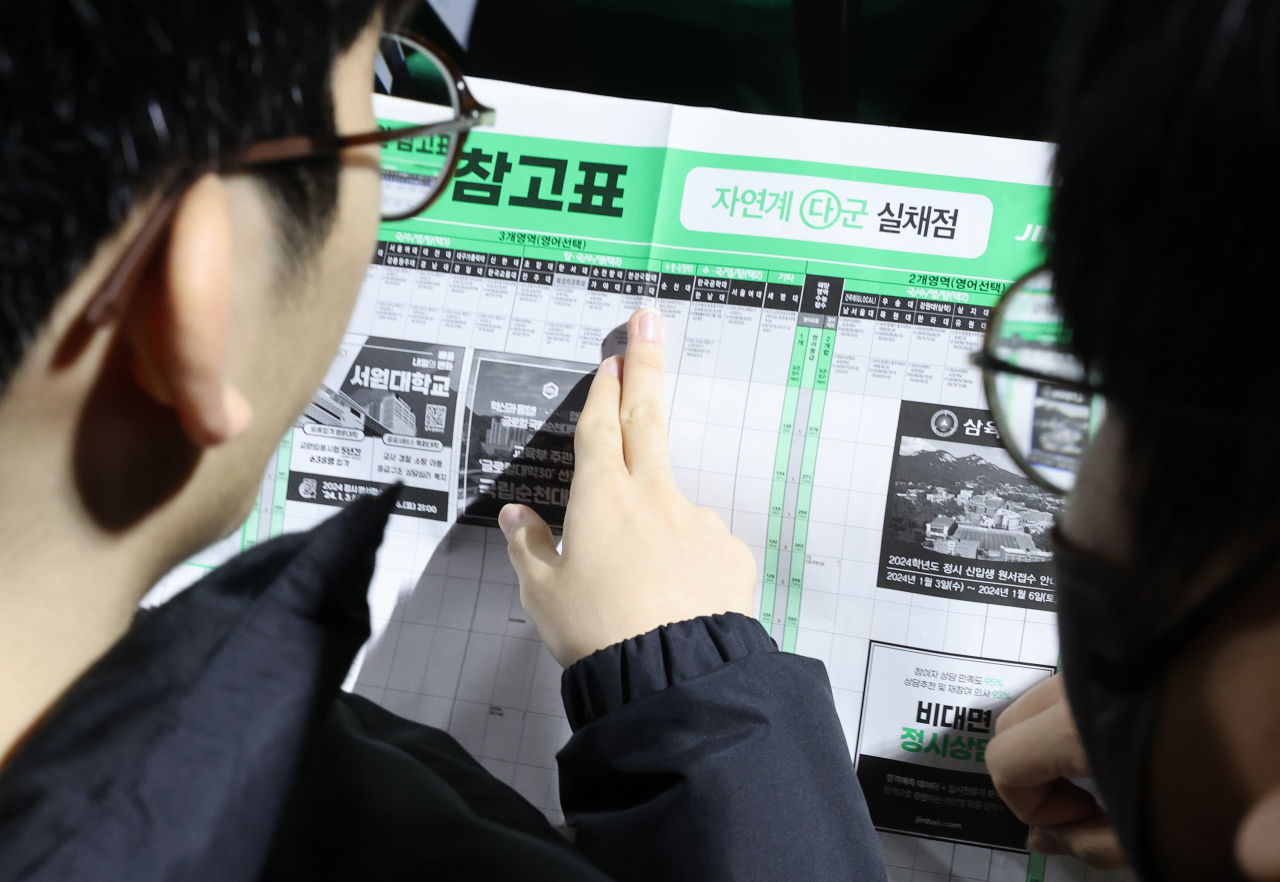
South Korean students view university admissions data at a tutoring center's promotion.
Only 1/3 study social subjects
According to data recently released by Jongro Academy, one of South Korea’s largest education companies, of the 166 classes at about 16 private high schools in the capital Seoul, only 53 (31%) are classified as mungwa, which teaches students social sciences and humanities subjects such as history and literature. The remaining classes, more than half, are igwa, which includes advanced math and science.
The perception in Korean society that igwa-related majors have higher employment rates and help candidates achieve more competitive scores on the national college entrance exam (Suneung) may be major reasons for this trend, according to The Korea Herald .
For example, in the Suneung exam, candidates can choose one of three subjects for mathematics: probability and statistics (which favors mungwa), or analysis and geometry (which favors igwa). However, because the Suneung evaluates candidates based on a benchmark score rather than an overall score, the results of different candidates taking the exam may differ even if they answer the same number of questions correctly.
Specifically, because advanced mathematics and geometry are considered "more advanced" than probability and statistics, candidates who choose to take these two areas will receive higher benchmark scores even though their overall scores are only equal to those who choose to take the probability and statistics exam. This gives those who choose to study igwa a distinct advantage on the road to top universities.
From another perspective, a senior student surnamed Kim in Seoul said that nine of the 12 classes at his school were classified as “advanced math classes.” “Because it is an all-boys school, many students tend to take advanced math classes. There is also a prejudice that if students choose humanities or literature, they will have less chance of getting a job after graduating from university,” the male student said.
Medical and engineering fields are easy to find jobs.
The growing number of students choosing math and science subjects may also correlate with the general perception that those who graduate with degrees in medicine or engineering often have the potential to earn more money.
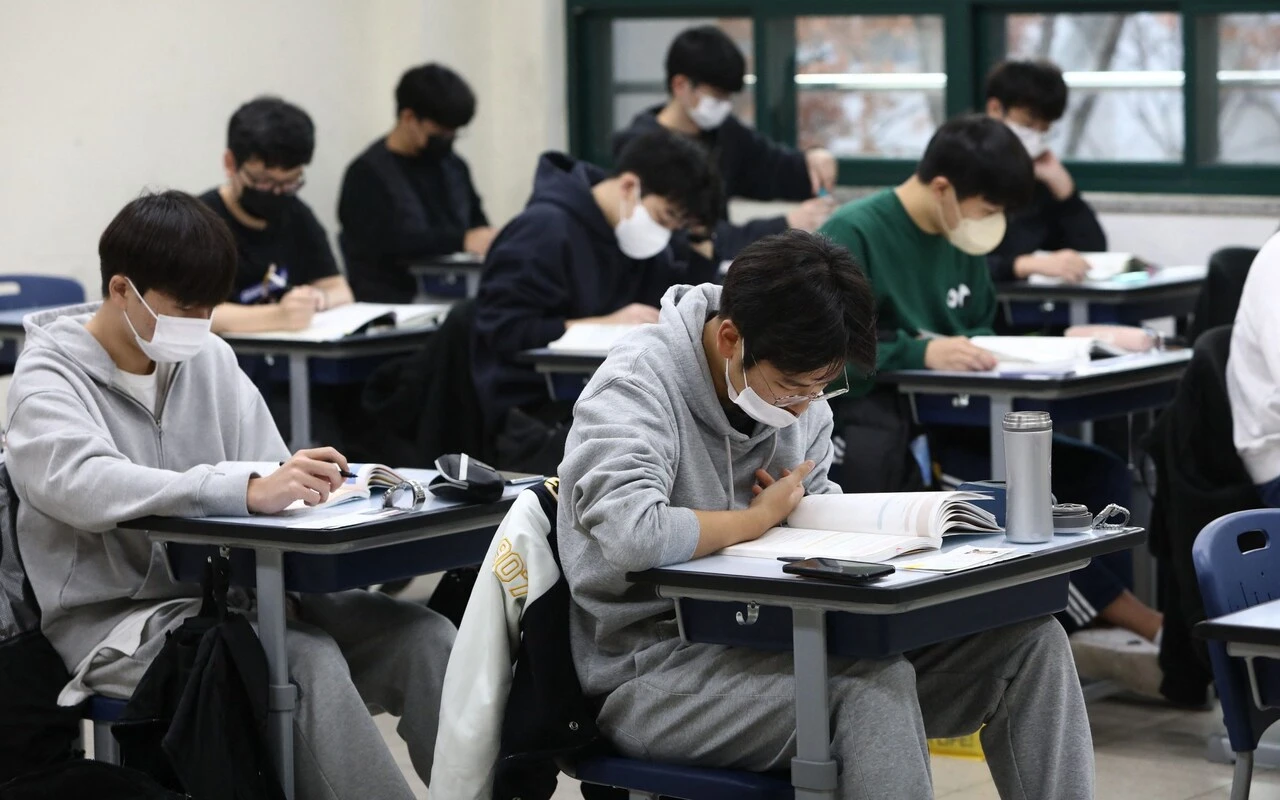
Korean candidates take the Suneung exam
According to data from the Korean Ministry of Education on the employment rate of university graduates, in 2022, those with degrees in math and science had a 12.5% higher employment rate than those with degrees in humanities and social sciences, up 0.8% from 2021.
And among the approximately 558,000 university graduates in Korea, those majoring in medicine and engineering had relatively high employment rates, at 83.1% and 72.4%, respectively. Meanwhile, the rates for humanities (59.9%) and social sciences (63.9%) were lower than average. This means that for every 10 graduates in social sciences and humanities, 4 are unemployed.
The Ministry of Education is also working to narrow the gap between mungwa and igwa through reforms to the education system and the Suneung exam. One of the measures is to merge the three math tests into a single test from 2028.
However, education experts point out that this move will contribute to "spreading roses" for candidates who are good at math to get into prestigious universities, while those who are better at literature and social sciences will be left behind. Many people in the land of kimchi are also pessimistic about the effectiveness of the policies that the country's education sector has applied in recent years.
Source link


![[Photo] Comrade Khamtay Siphandone - a leader who contributed to fostering Vietnam-Laos relations](https://vstatic.vietnam.vn/vietnam/resource/IMAGE/2025/4/3/3d83ed2d26e2426fabd41862661dfff2)
![[Photo] General Secretary To Lam receives Russian Ambassador to Vietnam](https://vstatic.vietnam.vn/vietnam/resource/IMAGE/2025/4/2/b486192404d54058b15165174ea36c4e)

![[Photo] Prime Minister Pham Minh Chinh receives CEO of Standard Chartered Group](https://vstatic.vietnam.vn/vietnam/resource/IMAGE/2025/4/2/125507ba412d4ebfb091fa7ddb936b3b)
![[Photo] Prime Minister Pham Minh Chinh receives Deputy Prime Minister of the Republic of Belarus Anatoly Sivak](https://vstatic.vietnam.vn/vietnam/resource/IMAGE/2025/4/2/79cdb685820a45868602e2fa576977a0)

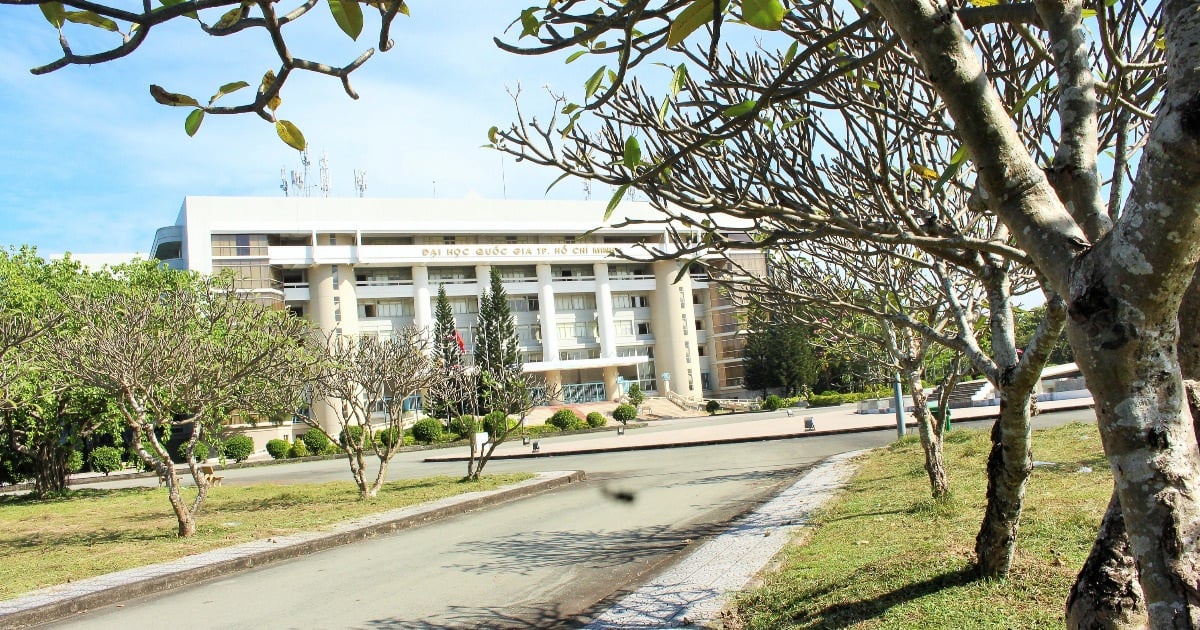

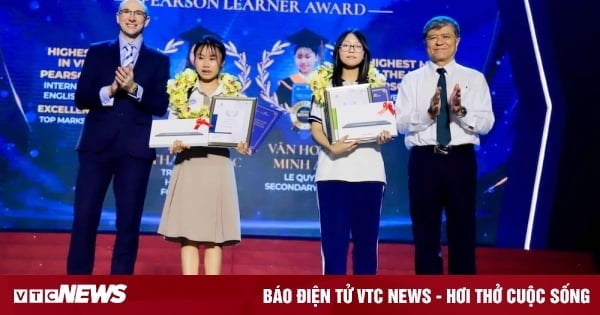

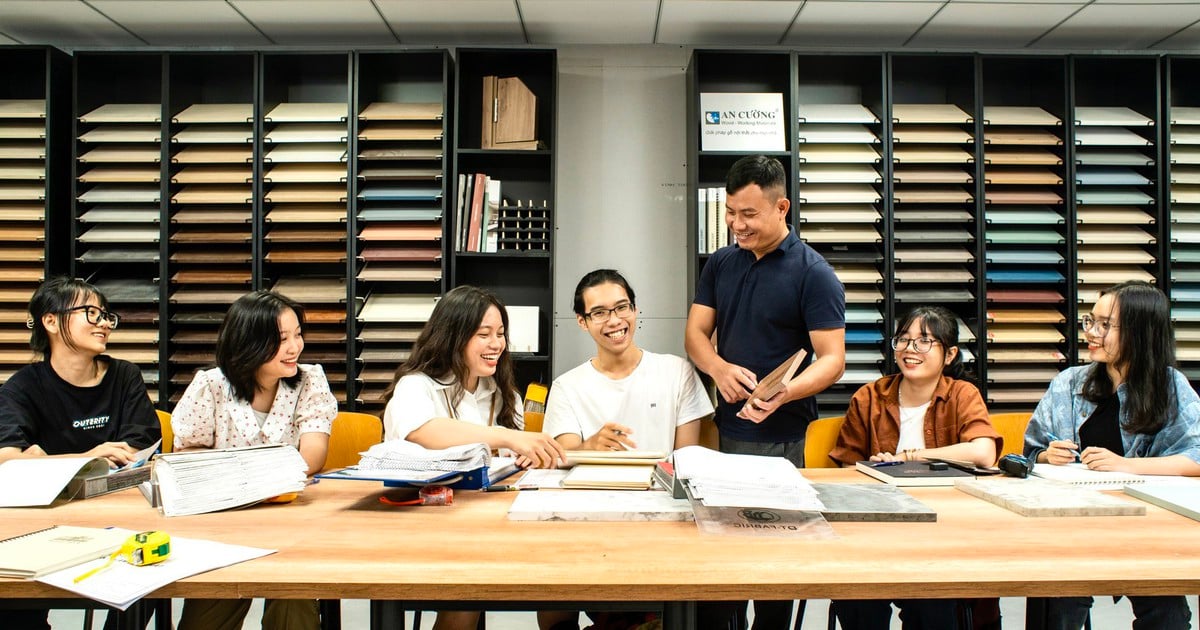
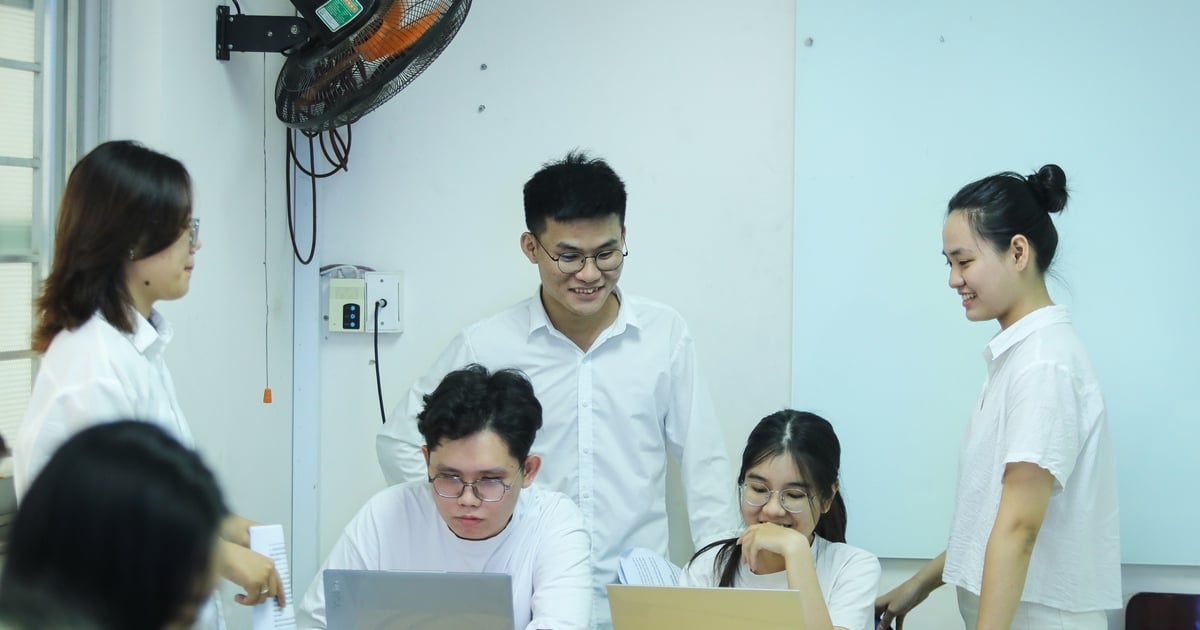
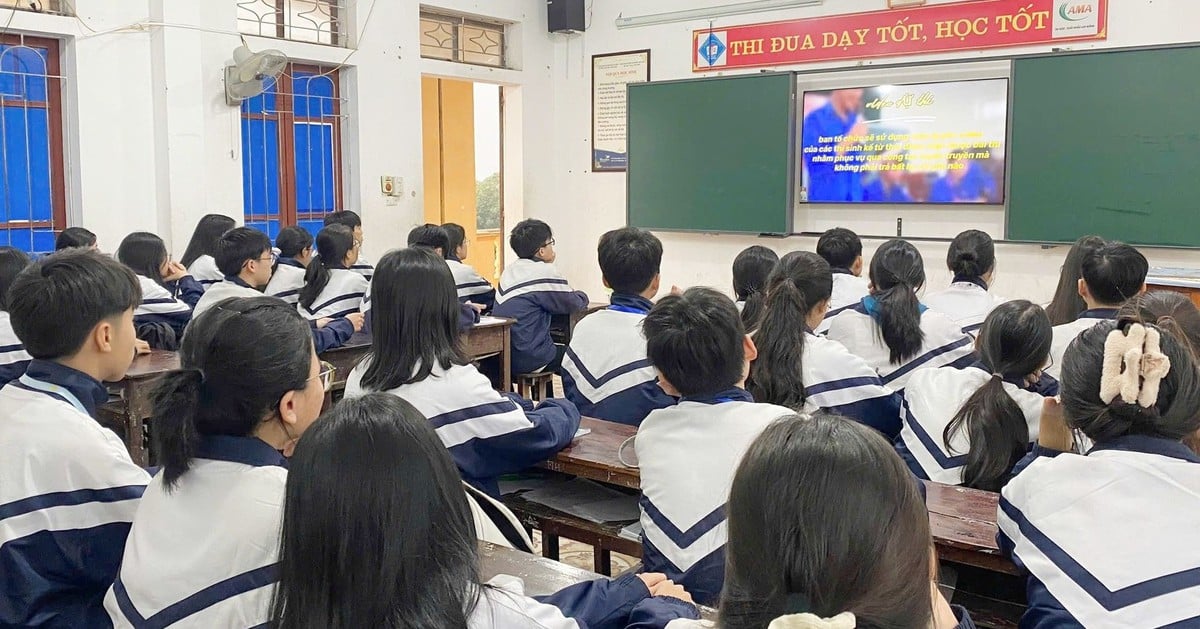

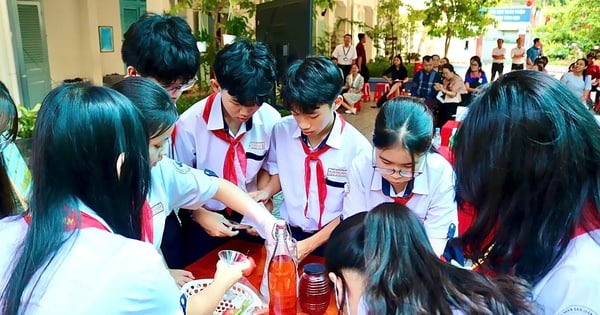


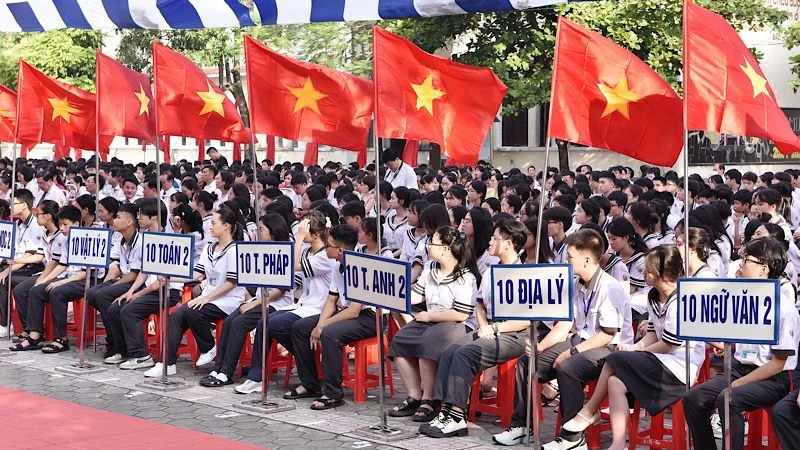
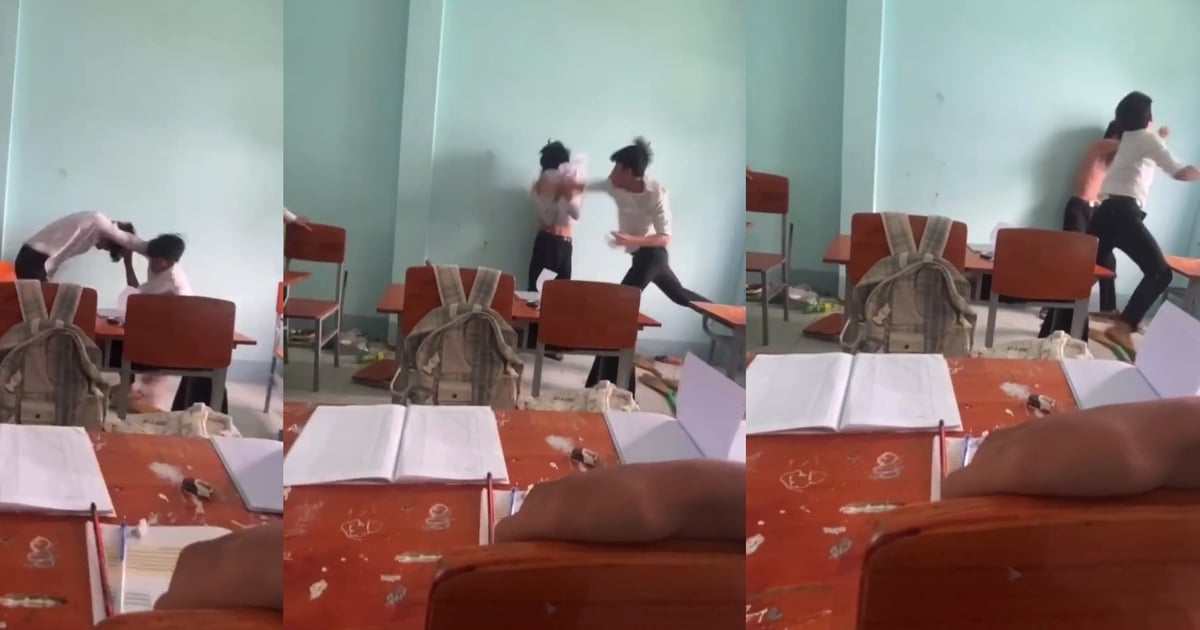
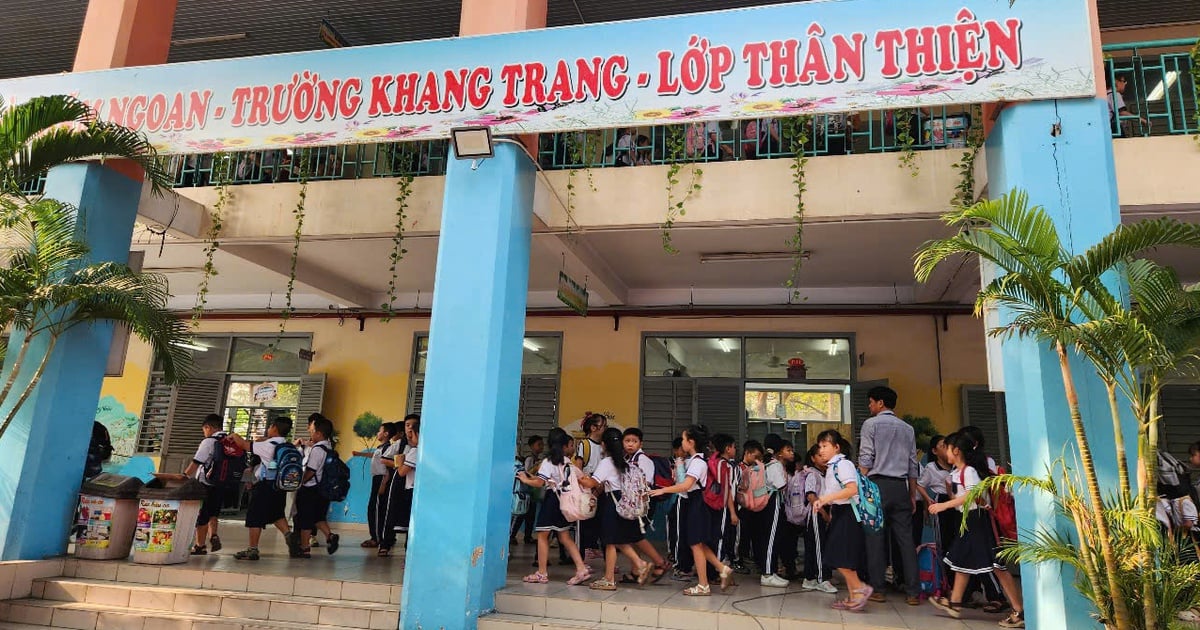
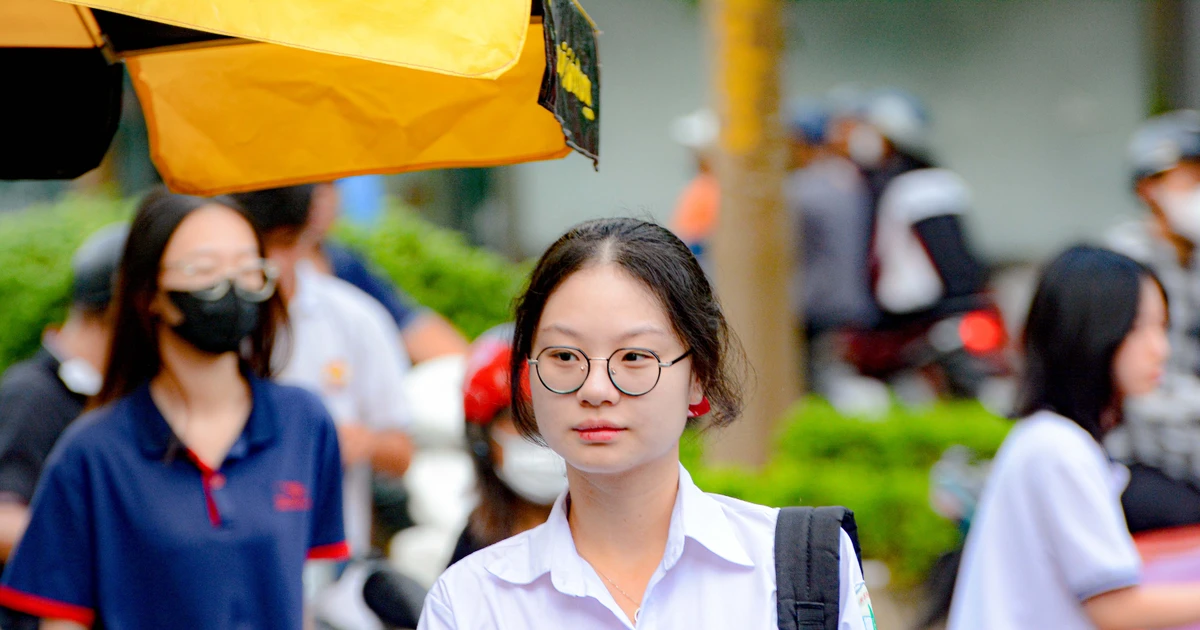
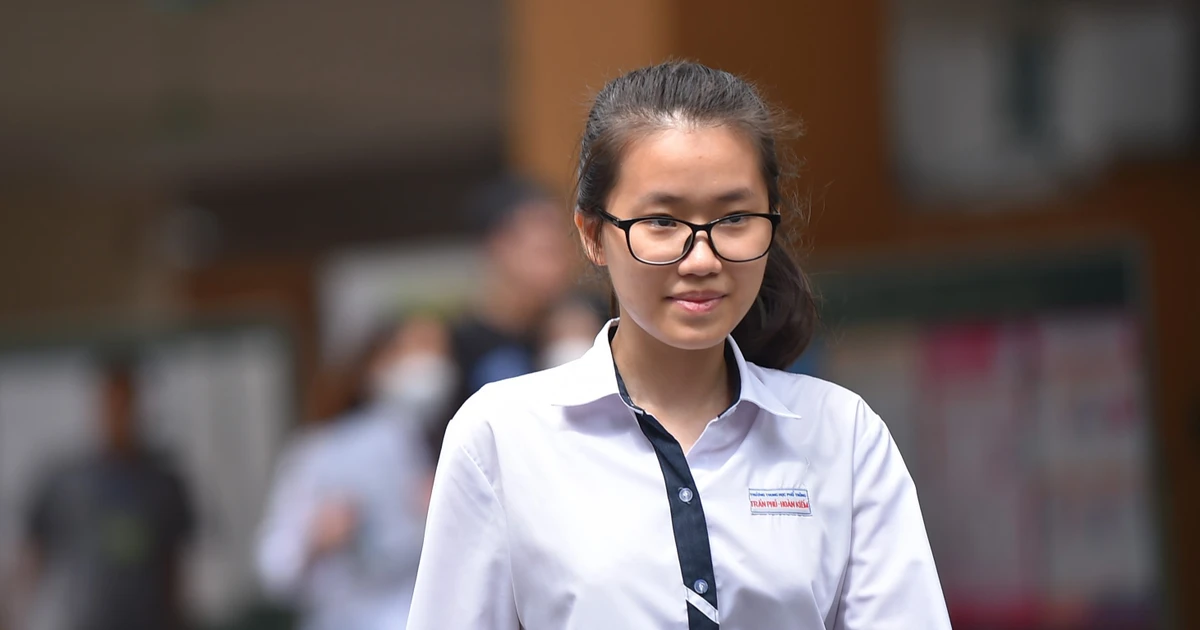




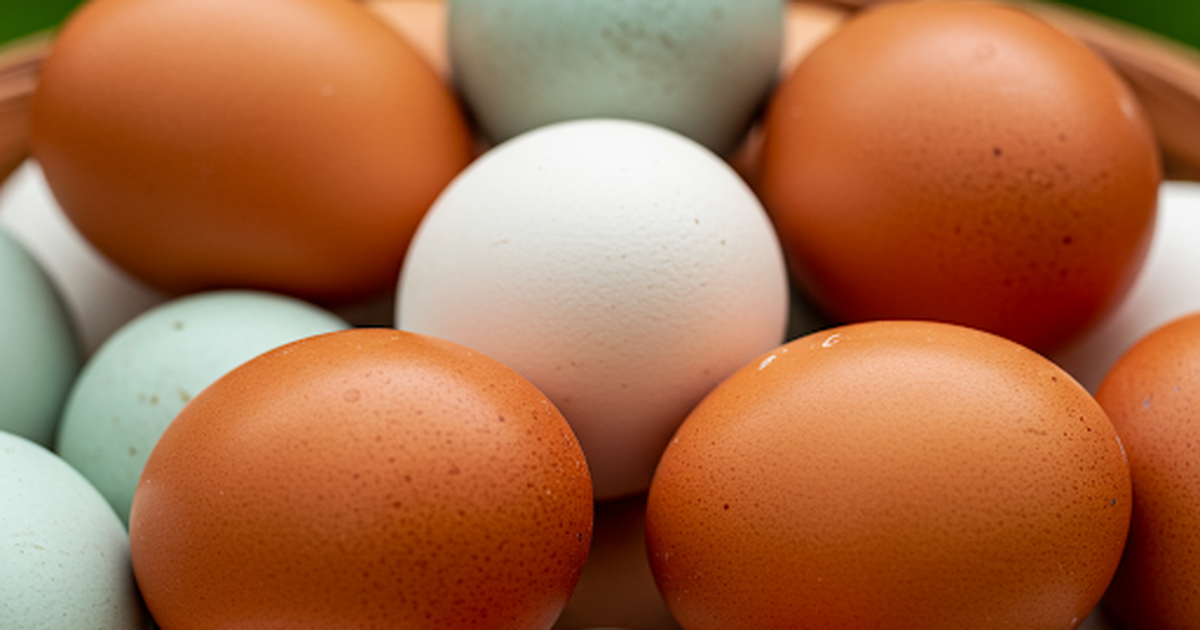


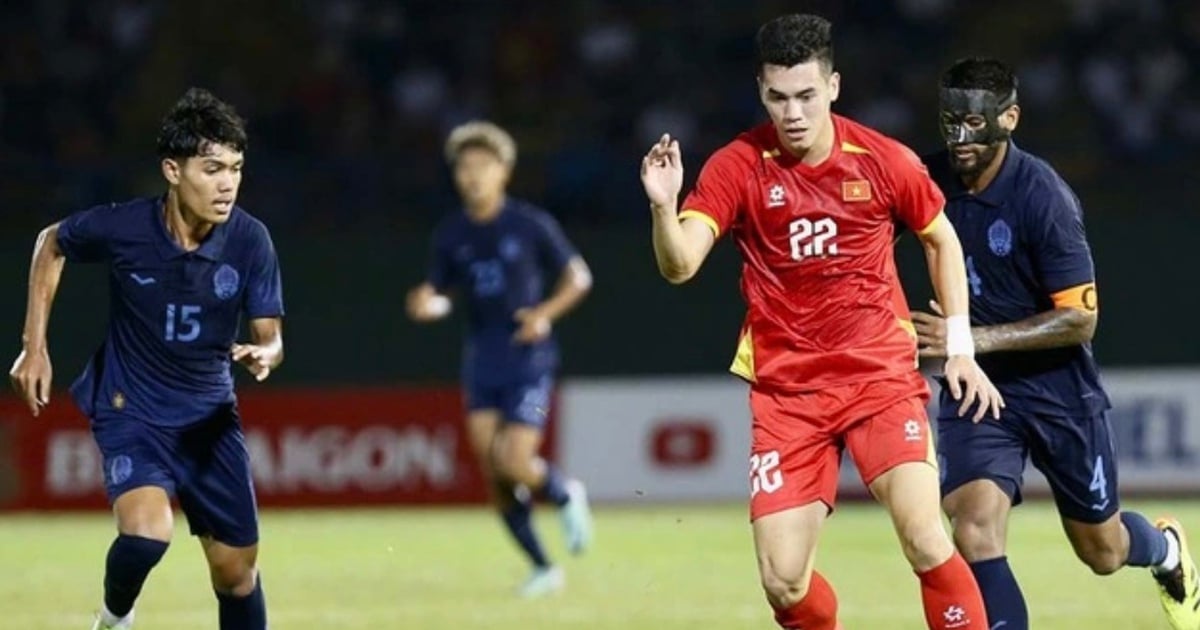
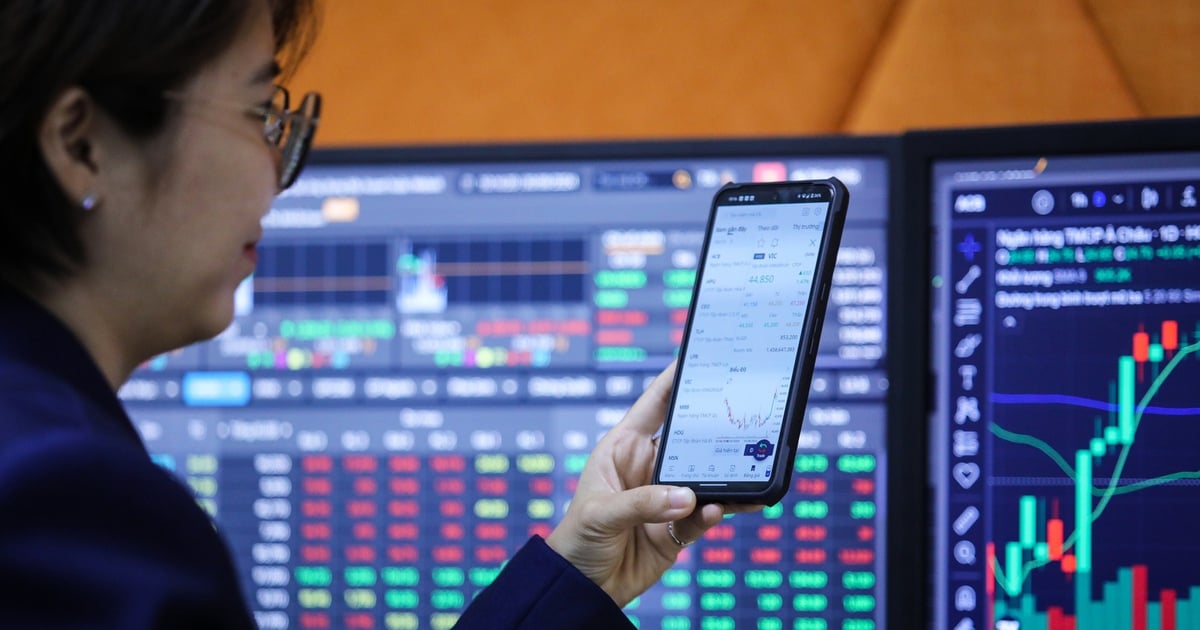
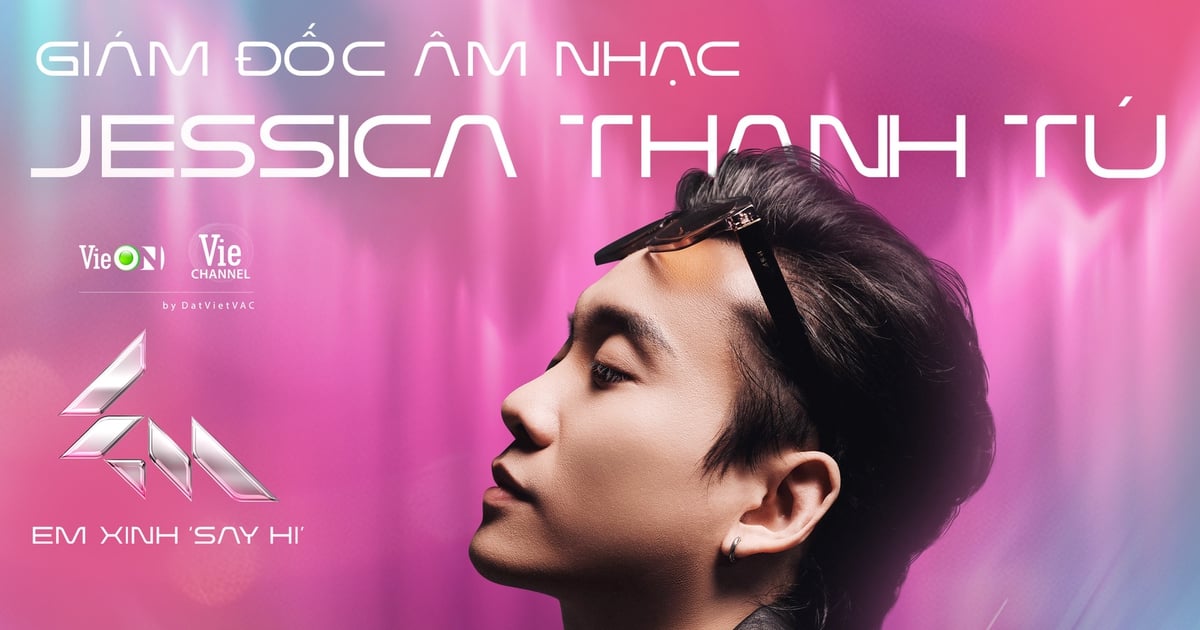











































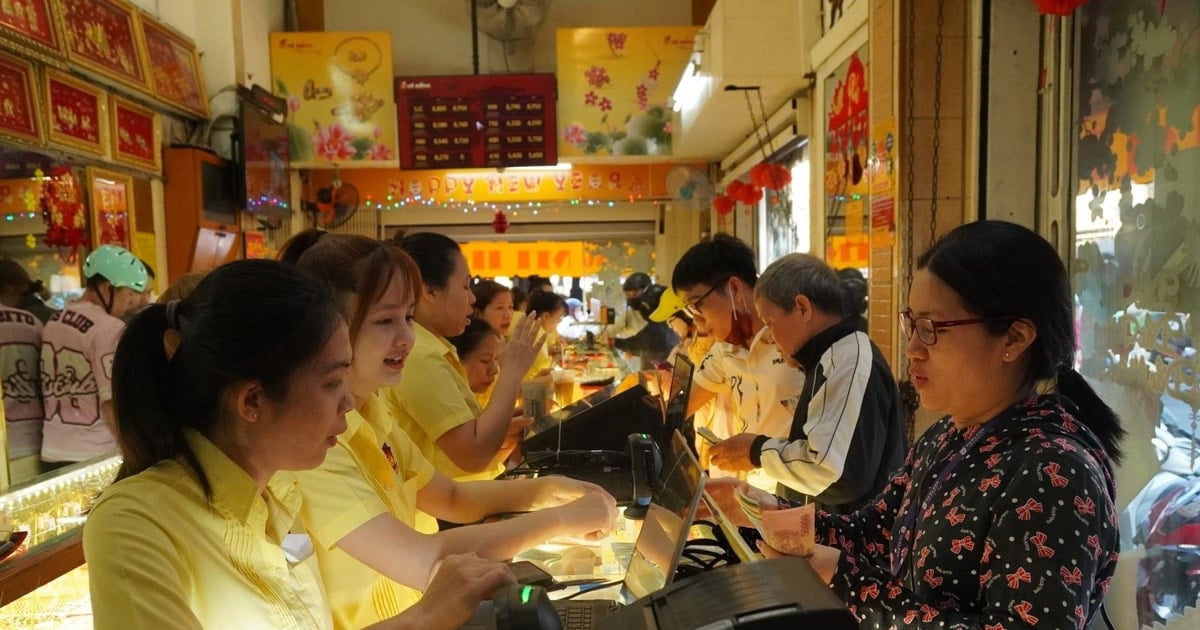
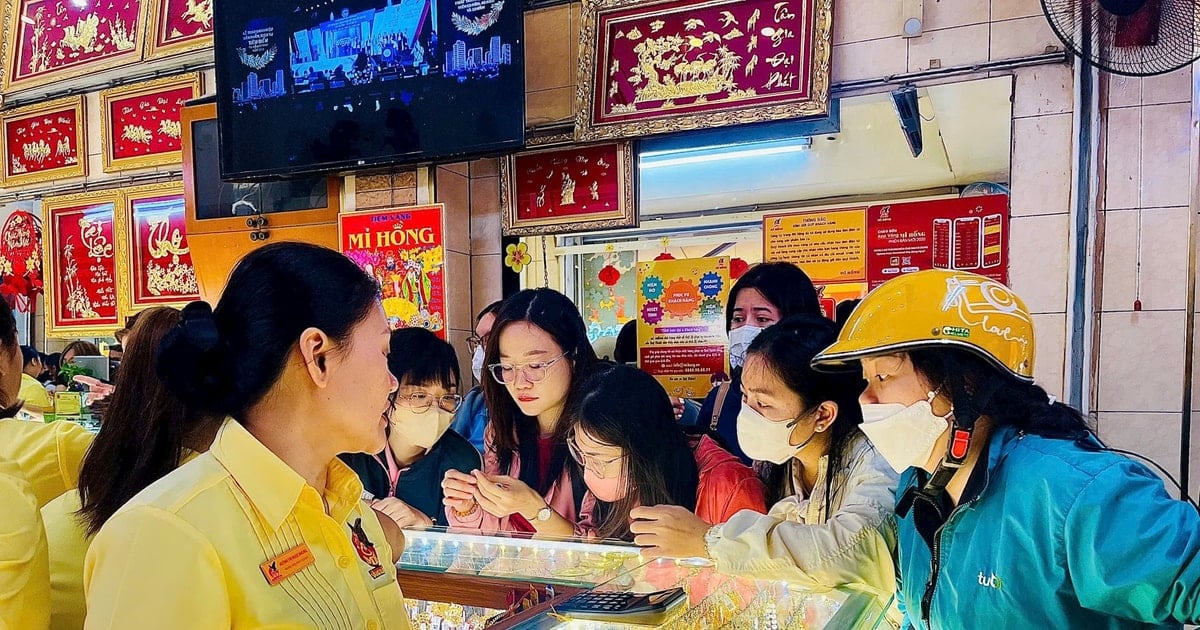

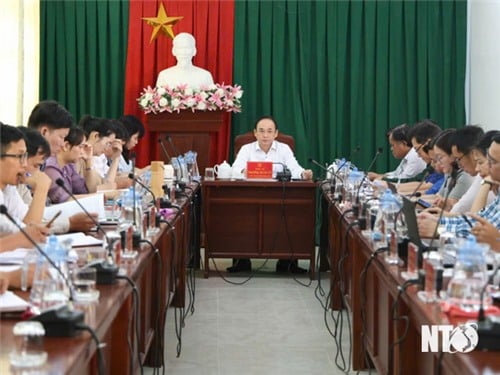

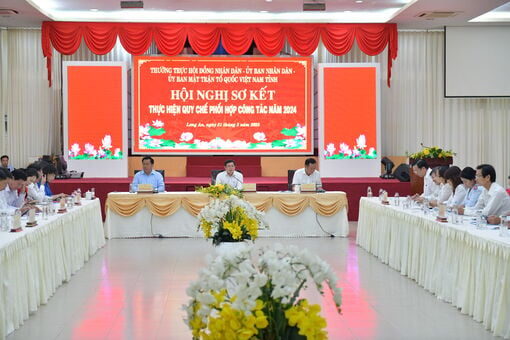
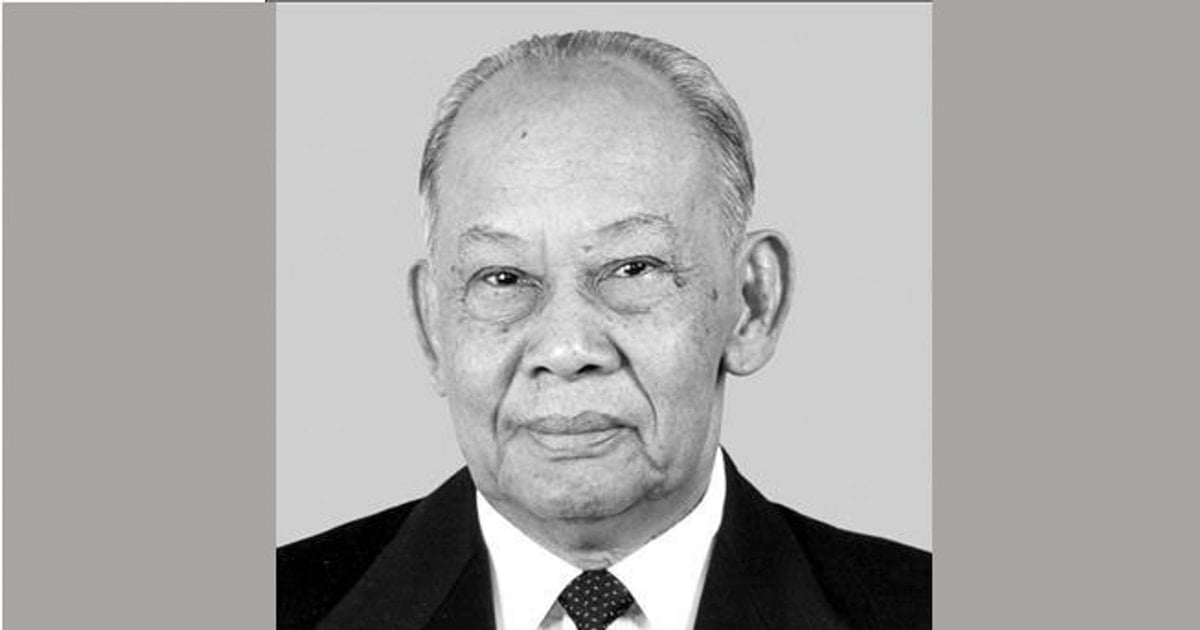

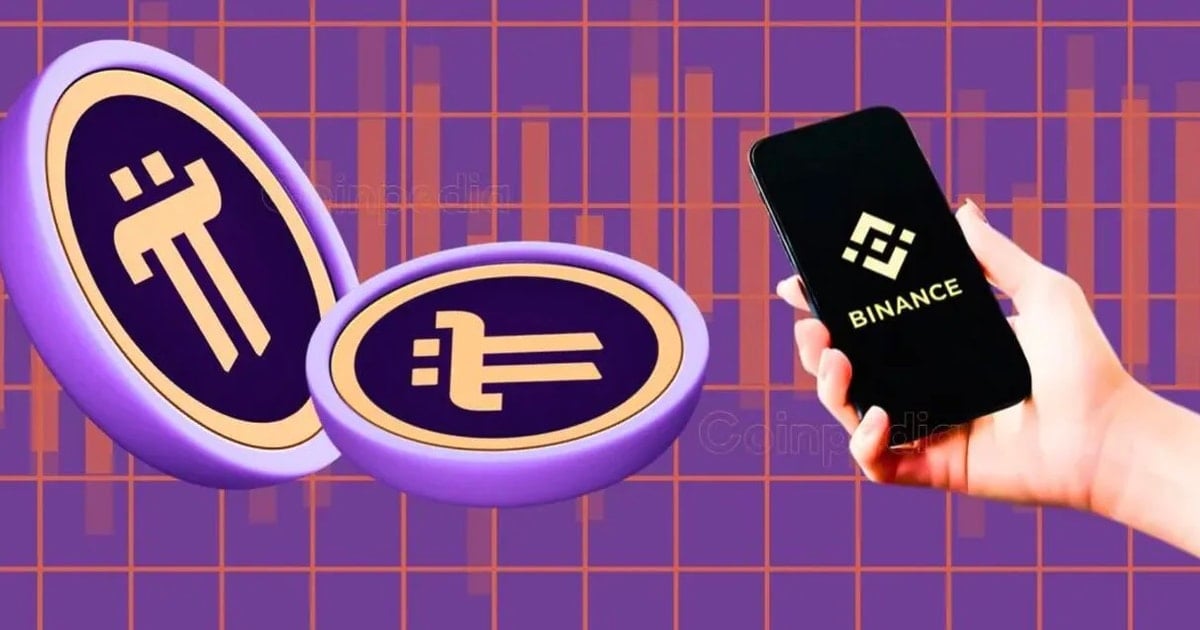












Comment (0)